PostDoc
Saarbrücken,
Germany
Postdoctoral researchers have the opportunity to work with CISPA faculty on existing lines of research, as well as develop their own research agenda under CISPA faculty supervision. Former postdoctoral researchers have moved on to take permanent position at top universities and research laboratories worldwide, including Carnegy Mellon, Microsoft Research, IMDEA and INRIA.
Qualified candidates who wish to work as postdoctoral researcher at CISPA may apply at any time. We will accept applications throughout the year for exceptionally strong candidates. To start with the application process, just click on the Apply now button!
If you hold a foreign higher education qualification (acquired outside of Germany), you might have to submit a Statement of Comparability for Foreign Higher Education Qualifications, if you are accepted. For more information (including a FAQ, how to apply, and why is it necessary), please refer to the official website (in English):

What We Offer:
- Competitive full time-gross base salary for E13 according to the scale of the TVöD (German Federal Employment Agreement)
- Comprehensive benefits package that includes health insurance coverage, 30 days of paid vacation and a robust pension scheme.
- Possibilities for personal and professional growth, encompassing language classes, research support, as well as extracurricular and social activities
- Our onboarding team will provide you with all the necessary support for a seamless and successful start to your journey with us
- We maintain a trustworthy, inclusive, and safe space and are looking for curious and creative new colleagues willing to learn & grow in an enjoyable and friendly team atmosphere.

What We Expect:
- You have a Master’s degree from a research-oriented institution of higher education in a subject relevant to our research.
- You have solid programming skills in Python and prior experience in one of Python’s libraries.
- You have completed some coursework on XYZ during their studies and bring a solid base knowledge around the topic.
- Excellent English, but no German? CISPA is an international research institute. Knowing German is really not necessary, although daily life is a bit smoother if you speak a few words and if you want to learn German, we offer free courses.
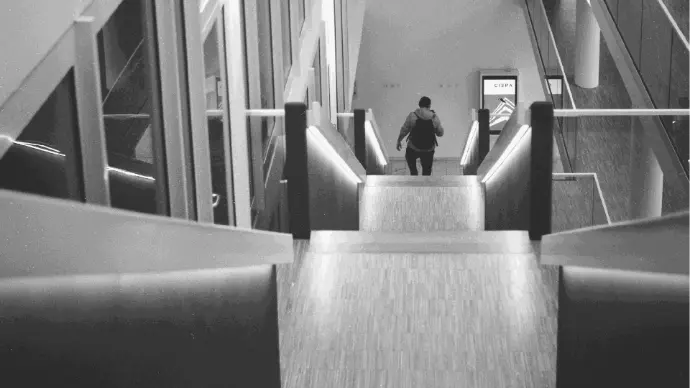
Working at CISPA:
- We promote a flat hierarchy that encourages working together as a cohesive team and contributing one’s perspectives and ideas.
- We offer an excellent research environment with close individual supervision, worldwide collaborations, and with significant funding for travel and equipment.
- Our location is in Saarbrücken, which is a city with international flair (e.g., an International School and distinguished cuisine influenced by the proximity to the French border). The city is also known for its green spaces, parks and proximity to nature, providing opportunities for relaxation and outdoor activities.
Highlighted Groups
Dedicated professionals driving our success
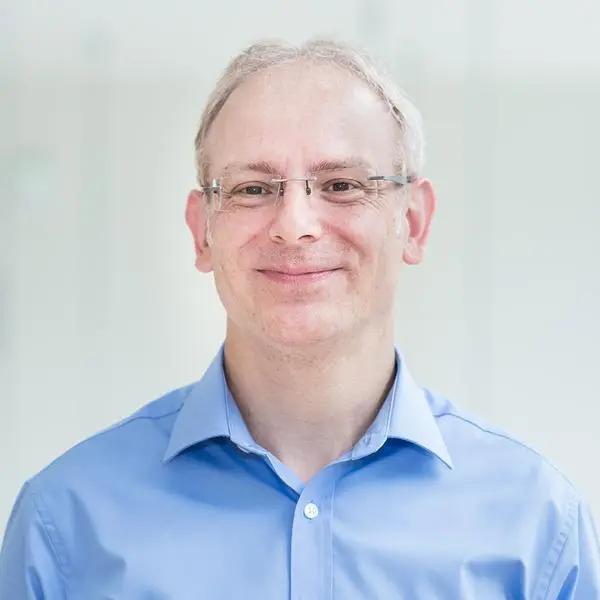
Cas Cremers
R3: RELIABLE SECURITY GUARANTEES
The group of Cas Cremers is looking for Postdocs with research interests in applied cryptography, provable security, automated analysis, formal methods, or protocol design. Our group works in the intersection between provable security and formal methods for automated security analysis. Our members bring together expertise from a range of subdomains, and research ranges from theory and tools (e.g. the Tamarin prover) to real-world protocol analysis (Signal, MLS, TLS). Find Cas Cremers here: https://cispa.saarland/group/cremers/index.html
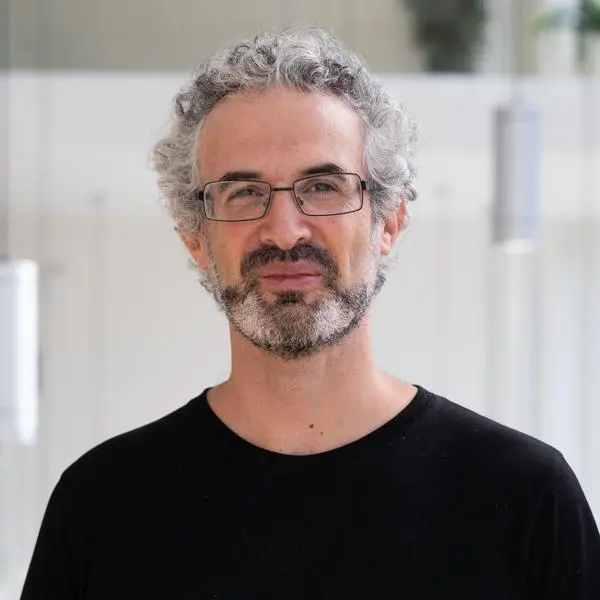
Dániel Marx
R1: ALGORITHMIC FOUNDATIONS AND CRYPTOGRAPHY
The group of Dániel Marx is looking for Postdoc researchers interested in working on the theoretical aspects of algorithms and computational complexity. Our research has a strong focus on graph algorithms, combinatorial optimization, and parameterized algorithms and complexity. For more information, see https://cispa.de/en/people/c01dama
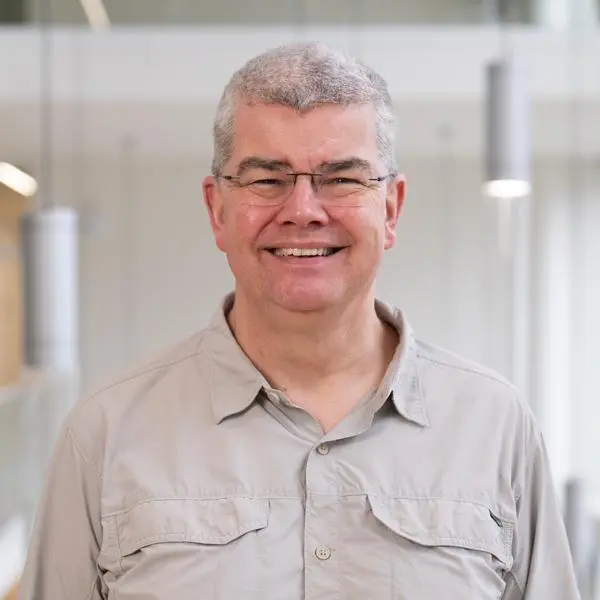
Andreas Zeller
R4: THREAT DETECTION AND DEFENSES
The group of Andreas Zeller is looking for Ph.D. candidates and Postdocs with research interests in program analysis, software testing, and automated debugging. Research topics include novel methods for highly efficient software testing; mining specifications for inputs and programs; synthesizing oracles; explaining software failures; and more. Find Andreas Zeller here: https://andreas-zeller.info
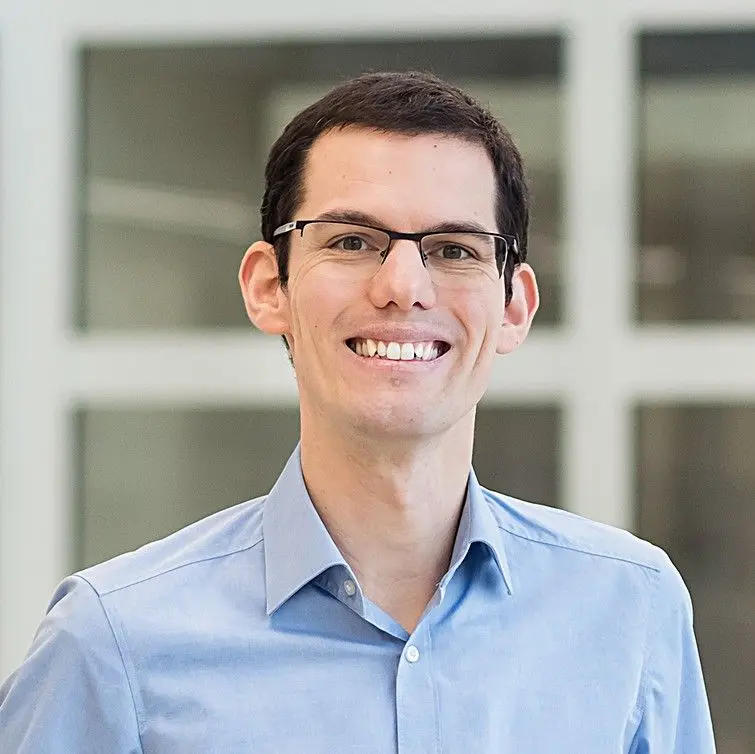
Christian Rossow
R5: SECURE CONNECTED AND MOBILE SYSTEMS
The research group of Christian Rossow in an enthusiastic research team that explores system and network security topics. We are searching for post-doctoral researchers starting at any time. Our research focuses on system and network security; network security spans practical protocol analyzing, network fuzzing, DDoS attacks and defenses, attack attribution, and traffic analysis. Our system security research is concerned about designing secure networked/distributed systems using novel trusted computing primitives (e.g., Intel TDX, AMD SEV, ARM Realms) or networking harward (e.g., P4-programmable switches, SmartNICs). Either way, our primary focus is practical high-impact research, aiming to present our results at the leading conferences in our field. We can offer you an excellent working environment on the campus of TU Dortmund, strong individual supervision, interesting and cutting-edge research topics, and world-wide collaborations. We only consider applicants that have documented experience in publishing at any of the top-tier security venues (S&P, USENIX, CCS, NDSS) in the field. There is no requirement, but surely possibilities to take responsibilities for teaching (i.e., teach only if you want).
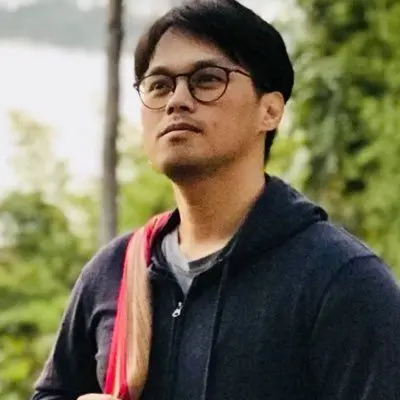
Krikamol Munadet
R2: TRUSTWORTHY INFORMATION PROCESSING
The group of Krikamol Munadet has an opening for postdoctoral researchers with a strong interest in the broad areas of machine learning (ML). The group's research aims at understanding the principles that enable autonomous agents to learn from past experience and interact succesfully with complex environments, and to use this understanding to design new learning algorithms. The research theme spans the following areas:
- Prediction: How do we design ML algorithms that can cope with distrbutional shifts? The topics of interest are domain adaption (DA), domain generalization (DG), out-of-distribution (OOD) generalization, and robustness. Kernel methods, kernel mean embedding of distributions and applications thereof are our mathematical arsenal to tackle these problems.
- Causation: How do we leverage cause-effect relationships in improving ML models, and conversely how do we use sophisticated ML methods to aid causal inference in complex environments? Topics of interest are unobserved confounders in causal inference, spurious correlation in machine learning, distributional treatment effects, counterfactual inference, and algorithmic decision making. Natural experiments and quasi-experimental designs such as instrumental variable (IV), proxy variables, and regression discontinuity design (RDD) offers tools to address these problems.
- Regulation: How do we regulate the deployment of ML models in heterogeneous environments to ensure the democratic use of AI? Topics of interest are feedback loops and strategic behavior. To gain a better understanding of these problems, we will be adopting techniques from algorithmic game theory, mechanism design, social choice theory, and other related sub-fields of economics
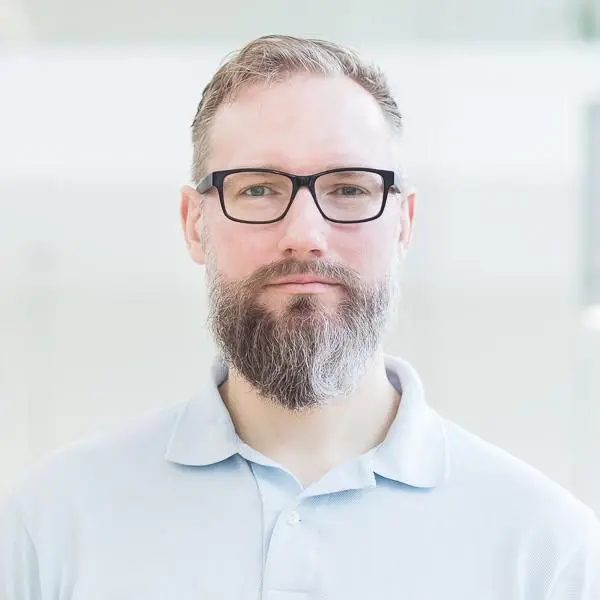
Sven Bugiel
R5: SECURE CONNECTED AND MOBILE SYSTEMS
Sven Bugiel’s group focuses on system security with a strong focus on mobile and embedded platforms. This includes hardware-based security, trusted computing technology, and the intersection with usable security.
We are searching for motivated and skilled post-doctoral researchers. These are currently our areas of interest:
- Developing, extending, and integrating hardware primitives for secure and trusted computing (e.g., TALUS, simTPM), where we are looking especially into RISC-V, Intel TDX, ARM CCA, and TPM
- Intersection between mobile system security and usable security (e.g., Android rationales, Android system analysis)
- Compartmentalization of software and implementation of secure architecture principles, in particular with object capabilities (DroidCap) or new sandboxing solutions (A11y sandboxes)
- The intersection between authentication and system security and usability (e.g., FIDO2/WebAuthn or UX of 2FA)
The positions are not project-bound and allow much freedom in choosing the research projects! Thus, we also welcome new angles and directions and, in fact, expect new researchers to bring in their own ideas. More details can be found at https://trust.cispa.saarland/jobs/

